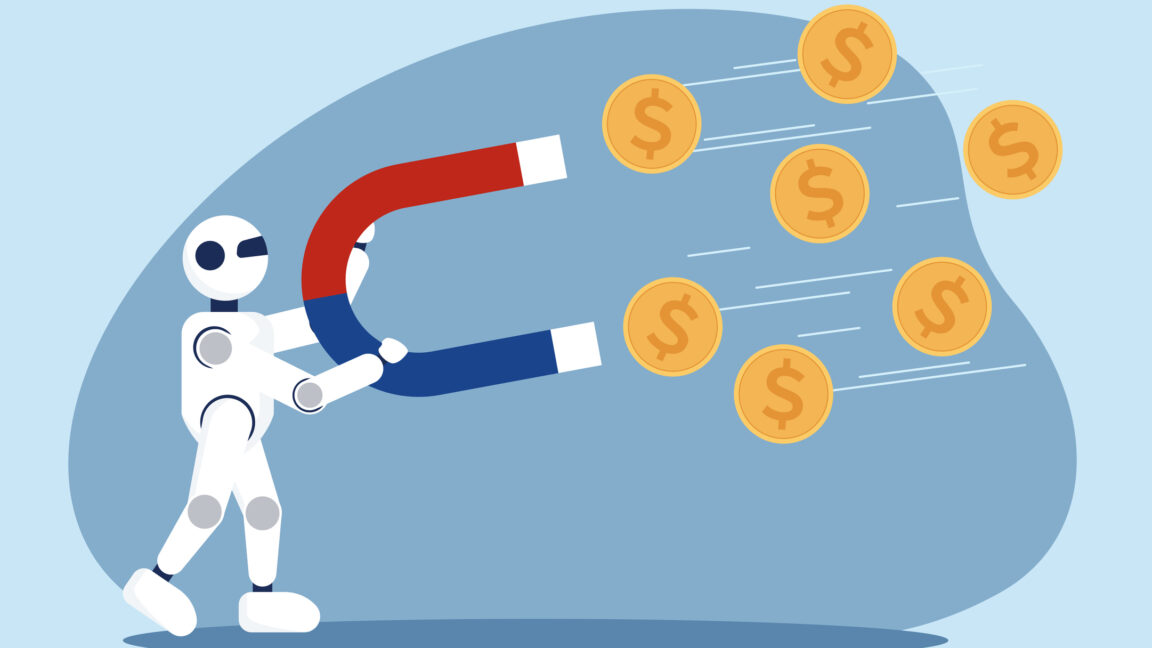T4K3.news
Delta Air Lines expands AI pricing system
Delta is enhancing individualized pricing for flights, raising consumer concerns.

AI is reshaping pricing models, raising alarms over fairness and transparency.
Concerns grow as AI-driven pricing becomes commonplace
Delta Air Lines has announced an expansion of its use of artificial intelligence to set individualized ticket prices. This decision has raised feelings of unease among travelers and certain lawmakers. Other industries, including finance and gaming, are also adopting this trend of personalized pricing, where customers pay different amounts for the same product based on what the business believes they can afford. Customized pricing is attractive to businesses because it aims to maximize profits by charging more to customers willing to pay higher amounts, while offering lower prices to those who are more budget-conscious. Despite potential benefits for businesses, critics are wary of the lack of transparency in AI pricing models, which may exploit those unable to navigate complex pricing structures effectively.
Key Takeaways
"Customized pricing may unfairly disadvantage those who are financially unsophisticated."
A critical view on the implications of AI pricing for vulnerable consumers.
"This shift in pricing strategy is a potential game-changer for businesses aiming to maximize profits."
Highlighting the financial motivation behind personalized pricing.
"The rapid evolution of AI demands our attention on how prices are determined."
Stressing the urgency for discussion around AI pricing frameworks.
The rise of AI-driven pricing strategies marks a significant shift in consumer experience. While individualized pricing can benefit businesses by tapping into consumer willingness to pay, it also introduces substantial ethical concerns. The historical context of pricing, where negotiation was common, contrasts sharply with today’s automated systems, which can manipulate prices without clear rationale. This evolution from fixed pricing to AI models raises questions on fairness, especially for less financially savvy consumers. As AI becomes more embedded in pricing strategies, there is a pressing need for regulatory frameworks to ensure equitable practices that protect all consumers.
Highlights
- AI pricing could mean higher costs for those who can't bargain.
- Understanding AI pricing may become essential for all consumers.
- Cash use may become a secret weapon against inflated prices.
- The time for discussions about AI regulation is now.
Risks of AI-driven pricing systems
The use of AI for customized pricing raises significant concerns about consumer fairness and transparency. Vulnerable populations may be especially marginalized by these practices, leading to accusations of exploitation. This issue also invites scrutiny from regulators and policymakers who have begun to take notice of its implications.
Conversations about regulation of AI pricing are more urgent than ever.
Enjoyed this? Let your friends know!
Related News

Delta clarifies AI pricing strategy amid scrutiny

Delta Air confirms no AI personalized pricing

Delta's Sky Club lounges face overcrowding issues

Nothing Phone 3 Review Released

Lenovo launches rollable ThinkBook Plus Gen 6

Apple announces potential iPhone 17 release date
Nintendo Switch 2 Pokémon Legends Z-A Bundle Available for Preorder

U.S. states prepare for AI data center energy surge
